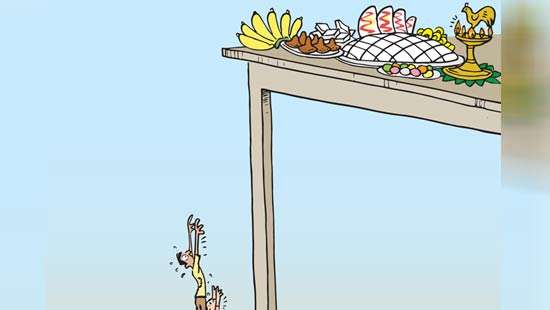Dawn News: Iran Refuses Nuclear Bomb Amidst Economic Challenges
The refusal of Iran to pursue a nuclear bomb offers a glimmer of hope in a region fraught with tension, but the economic and security challenges facing both Iran and Pakistan require urgent and thoughtful attention, including the development of a robust plan to combat climate change and its far-reaching impacts.

Iran's decision not to pursue a nuclear bomb has been met with relief, but the country is grappling with significant economic difficulties, including trade disruptions due to ongoing road blockades, particularly with neighboring Pakistan and Afghanistan.
The economic struggles in Iran and Pakistan are compounded by what is perceived as a legitimacy crisis of the ruling elite, who are criticized for attempting to "fix" the economy rather than implement meaningful reforms. This approach has raised concerns among citizens and international observers alike, who fear that such measures might not address the underlying issues plaguing the economies.
Furthermore, the region is dealing with the sensitive issue of state-sponsored terrorism, with a recent attack prompting calls for thorough investigations by authorities on both sides. The need for cooperation and transparency in addressing such incidents is underscored by the potential for these events to destabilize already fragile regional security.
In related news, the Supreme Court has made a ruling on the integration of Artificial Intelligence (AI) in the judiciary, a move that could have significant implications for the future of legal proceedings. Meanwhile, Pakistan has reported a low number of polio cases, a positive development in the country's health sector. However, there is a growing recognition of the need for a comprehensive strategy to address the challenges posed by climate change, which is altering the environmental and socio-economic landscape of Pakistan.
As the global community navigates the complexities of international relations, trade wars, and environmental challenges, the situations in Iran and Pakistan serve as a reminder of the interconnectedness of economic, political, and environmental issues. The path forward for these nations, and others facing similar challenges, will depend on their ability to adopt sustainable, inclusive, and forward-thinking policies that address the root causes of their current difficulties.